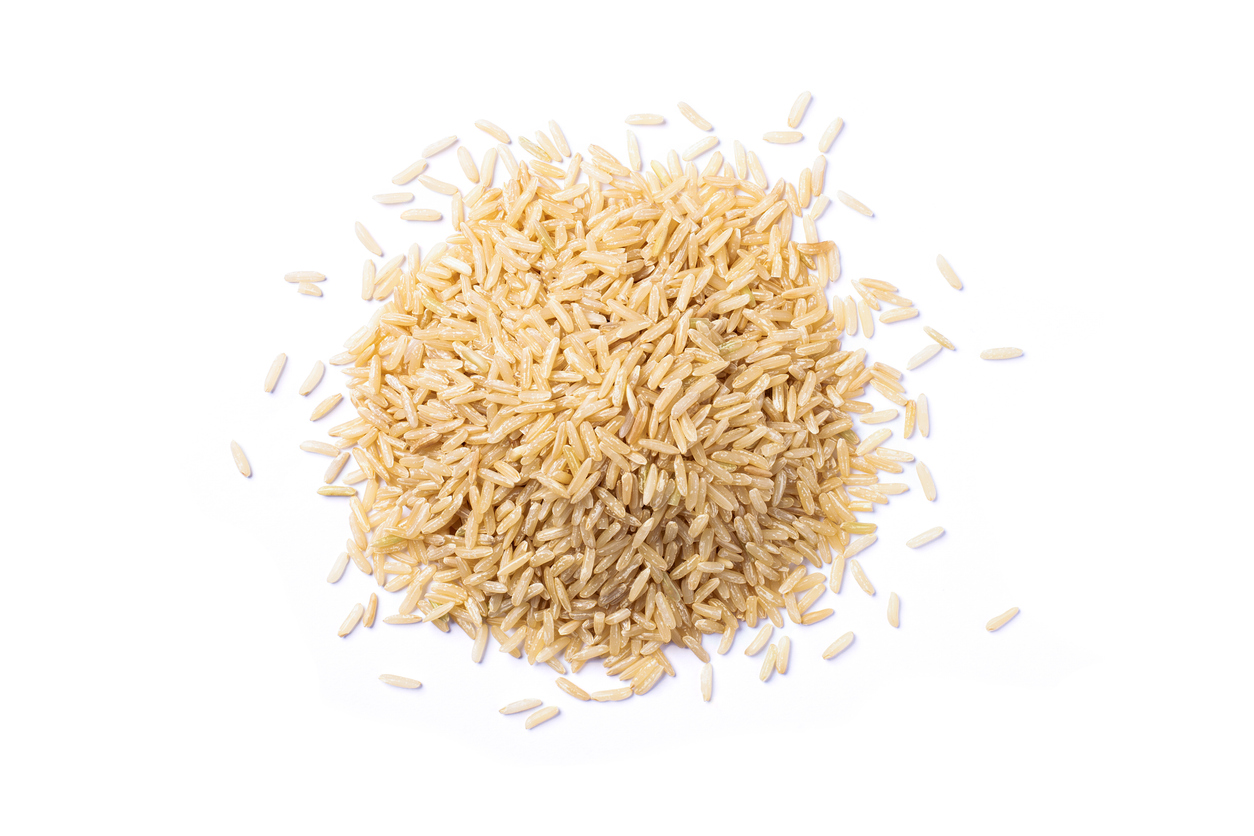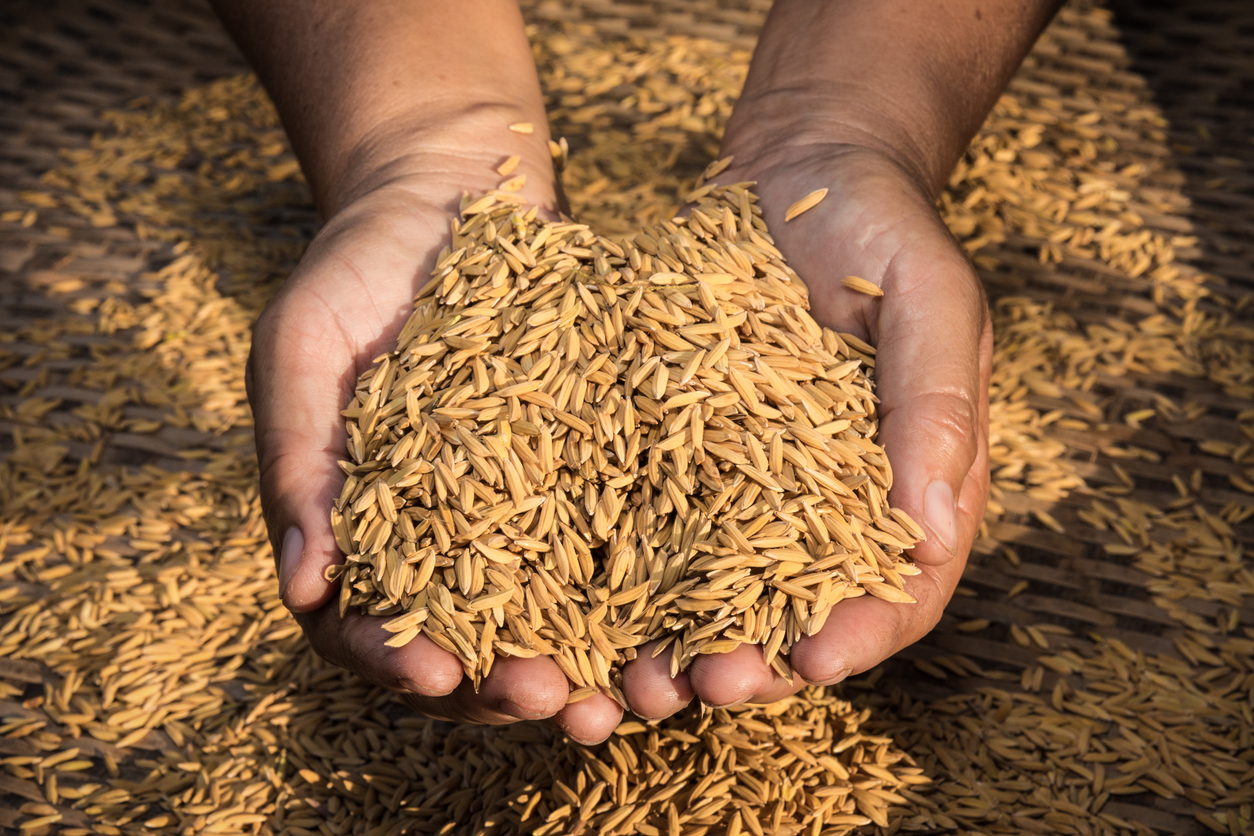Why Ghana Exports Are Becoming More Expensive: What Importers Need to Know
In recent years, global trade has witnessed a steady rise in costs, and Ghana—a key player in Africa’s export market—is no exception. From cocoa and gold to timber, shea butter, and processed foods, Ghana’s exports form a critical part of international trade. However, businesses in import, wholesale distribution, and FMCG are increasingly concerned about why Ghana exports are more expensive and how these changes affect supply chains across Africa and beyond.
Why Are Ghana Exports More Expensive?
Several factors contribute to the higher cost of Ghanaian exports, many of which are linked to global economic pressures and domestic challenges:
-
Currency fluctuations – The Ghanaian cedi’s depreciation against major currencies increases export pricing for international buyers.
-
Rising production costs – Higher fuel prices, increased energy tariffs, and inflation push up the cost of producing and processing goods.
-
Logistics and freight charges – Global shipping costs remain elevated, with added surcharges on African routes.
-
Compliance and regulation – Stricter export requirements, certifications, and documentation processes add to the final cost of goods.
For importers, these factors combine to create significant challenges in pricing, profit margins, and inventory planning.
The Impact on Importers and Distributors
When Ghana exports become more expensive, importers face tighter profit margins. Distributors and wholesalers, particularly those in FMCG sectors, often struggle to balance rising costs with consumer demand.
Some of the most affected sectors include:
-
Food and beverages – Cocoa, palm oil, shea butter, and fresh produce see fluctuating prices.
-
Raw materials – Timber, minerals, and metals face higher procurement and shipping costs.
-
Finished goods – Packaged foods, textiles, and processed products from Ghana are increasingly priced higher than regional alternatives.
This has forced many businesses to reassess supply chain strategies, negotiate better terms, or seek regional sourcing alternatives.
Managing the Rising Cost of Ghana Exports
Despite these challenges, businesses can take proactive steps to mitigate the impact of higher export costs:
-
Diversify sourcing channels – While Ghana remains a key hub, exploring multiple sourcing destinations helps reduce dependency on one country.
-
Bulk purchasing and consolidation – Importers can lower per-unit costs by consolidating shipments, especially for FMCG and wholesale goods.
-
Leverage trade expertise – Working with experienced partners like Wigmore Trading ensures smoother logistics, compliance management, and cost optimization.
-
Focus on value-added products – Importers can prioritize high-demand products where customers are less price-sensitive, such as premium cocoa or specialty goods.
Wigmore Trading can help businesses implement these strategies, providing a reliable partner for African imports and distribution.
Wigmore Trading’s Role in Navigating Expensive Ghana Exports
At Wigmore Trading, we understand the challenges that come when Ghana exports are more expensive. Our team helps businesses manage costs and streamline sourcing by offering:
-
Efficient logistics and distribution solutions to reduce shipping delays and costs.
-
Strong supplier networks across Ghana and Africa for competitive sourcing.
-
Regulatory expertise to simplify compliance and documentation.
-
Tailored solutions for wholesale, FMCG, and bulk distribution.
Whether you are importing cocoa products, timber, textiles, or processed foods, we provide end-to-end support that saves both time and money.
Conclusion
The reality that Ghana exports are more expensive presents challenges for importers, wholesalers, and distributors. However, with the right strategies—such as diversifying supply chains, consolidating shipments, and leveraging trade partners—businesses can continue to thrive in a competitive market.
Wigmore Trading remains a trusted partner for companies looking to source from Ghana and across Africa efficiently.
Get in touch with our team to explore smarter sourcing solutions and stay ahead of rising export costs.







Comments are closed.